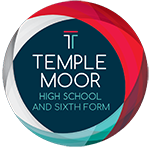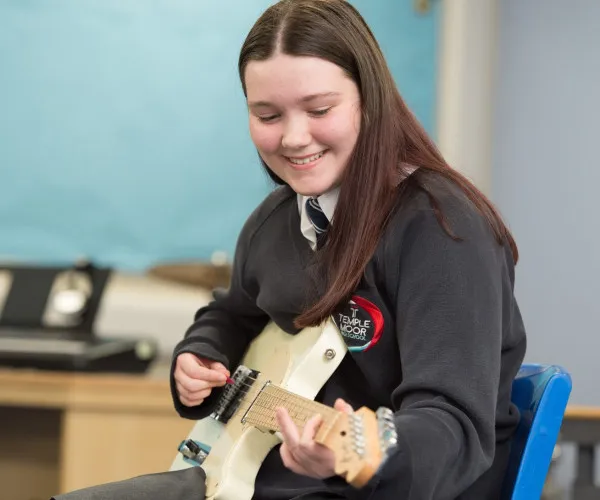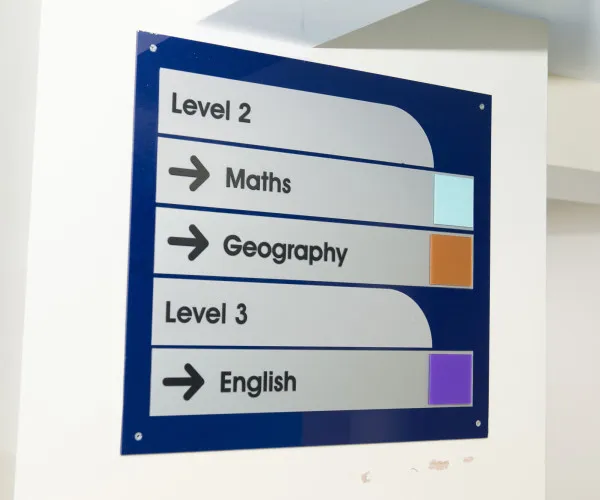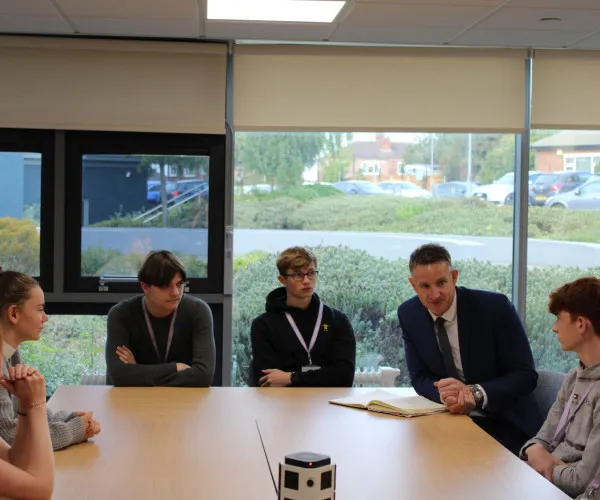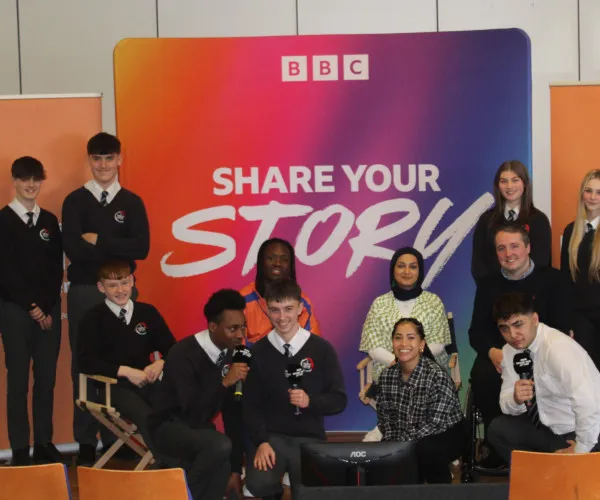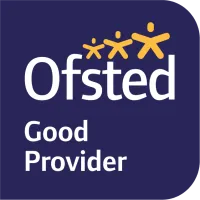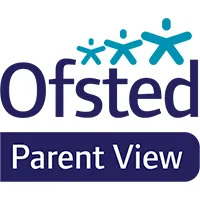- Curriculum
- Assessment
- Form Time
- British Values & Preventing Radicalisation
- Curriculum Subjects
- Art Curriculum
- Business Studies Curriculum
- Communication Curriculum
- Criminology Curriculum
- Design & Technology Curriculum
- English Curriculum
- Geography Curriculum
- Graphic Design Curriculum
- History Curriculum
- ICT Curriculum
- Law Curriculum
- Mathematics Curriculum
- Modern Foreign Languages Curriculum
- Performing Arts Curriculum
- Personal & Character Development
- Photography Curriculum
- Physical Education Curriculum
- Psychology Curriculum
- Read to Succeed
- Religious Education Curriculum
- Science Curriculum
- Sociology Curriculum
- Learning Qualities & Values
- The Options Process
- Supported Study and Revision
English Curriculum
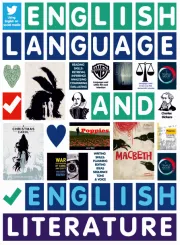 Subject aim
Subject aim
Our aim is to develop an appreciation of and a love for language and literature amongst students. Through the study of English, students will be able to use both the spoken and written word accurately and influentially. In reading, they will be fluent and expressive; they will be able to appreciate the nuances and subtleties in language which influence us all. As well as reading for pleasure, their development of a critical approach to texts will be the foundation for forming their opinion of issues within the wider world. Their writing will not only be accurate, but students will develop both narrative and critical voices and explore a range of purposes and forms of expression. By bringing reading and writing together and providing space for discussion and presentation, we help our students to be able to engage with others empathetically and also use their skills for self-expression. Ultimately, their knowledge will empower them to shape their experience of the world, enabling them to articulate their views with accuracy, precision and conviction.
Details about the curriculum structure
Across all Key Stages, development of the fundamental skills of Reading, Writing, Speaking and Listening, is integral to our teaching. The curriculum in Key Stage 3 is designed to build on their knowledge gained at Key Stage 2 and to prepare the students fully for the Language and Literature courses they will undertake in Key Stage 4 and 5. All lessons commence with 10 minutes of reading.
English Curriculum Statement
Key Stage 3
Students will develop coherence, fluency and accuracy through a range of writing tasks. They will read fiction and non-fiction texts and are encouraged to explore the craft of the writer. Our topics provide regular opportunities for spoken language activities and students are given the opportunity to communicate in a variety of styles, developing their literacy skills whilst being creative and imaginative. Key Stage 3 English is taught in Years 7-9, over 7 hours per fortnight.
Key Stage 4
Throughout Key Stage 4, students are taught GCSE Language and GCSE Literature as discrete courses. Each subject is taught over 5 hours per fortnight. Students continue to develop coherence, fluency and accuracy through a range of reading and writing tasks. Students focus on producing writing for impact, and hone skills of drafting and editing. Both creative and non-fiction writing are equally valued and students practice writing in a range of forms, for different audiences and purposes. Students read a variety of texts and excerpts on a range of topics alongside their GCSE set texts. Our units of work continue to provide regular opportunities for spoken language and communication in a variety of styles.
Key Stage 5
Year 12: English Language: We begin by building subject expertise and vocabulary focusing on language frameworks and concepts. This broadens into the study of identity and diversity. Key factors studied include: gender, technology, geography, social groups and occupations. The Non-Examined Assessments are introduced to students in the summer term of Year 12.
English Literature: Students study texts through the lens of tragedy. Students study Shakespeare’s King Lear, Miller’s Death of a Salesman, a range of Keats’ poetry, Blake’s Songs of Innocence and Experience, Atwood’s The Handmaid’s Tale and Hosseini’s The Kite Runner. The Non-examined Assessment is introduced to students in the summer term of Year 12.
Year 13: English Language: Students focus on Child Language Acquisition and Language Change- both in the UK and globally. Throughout the course, students engage with wider discourses and deepen their appreciation of the power of language in society. The Non-examined assessment offers an opportunity for students to conduct their own language investigations and produce creative texts.
English Literature: The texts are examined as expressions of social and political protest. The Non-examined assessment essays provide students with the opportunity to examine a novel and a collection of poetry of their choosing from a number of critical perspectives, including from a feminist, Marxist, and eco-critical perspective.
What will students study?
Key Stage 3
Year 7
Students begin by exploring Greek Myths before moving on to narrative structures, both are designed to develop their understanding of story, archetypes and the craft of fiction writing. They will then study a modern novel and thematically linked non-fiction texts enabling them to develop their ability to express a clear viewpoint. The concepts of identity, justice and power are embedded through fiction and non-fiction texts and students have opportunities to write in a wide range of forms such as poetry, stories, speeches, articles to express their views and imagination. The work of gothic masters gives an opportunity to explore genre and creative writing. Year 7 concludes with Shakespeare and students have the opportunity to take part in a production of ‘A Midsummer Night’s Dream’. Students will have regular class readers such as ‘The Graveyard Book’ by Neil Gaiman and ‘I have no secrets’ by Penny Joelson.
Year 8
Students begin by exploring characterisation through the work of Charles Dickens. The study of Oliver Twist acts a stimulus for creative and descriptive writing and the study of non-fiction texts enables students to develop their ability to write from different perspectives. Students move on to an exploration of protest poetry from a diverse range of poets and a modern novel, building their understanding of the concepts of diversity as well as protest. All students have the opportunity to craft and perform their poetry. Students study ‘Blood Brothers’ and have the opportunity to think like a director before concluding the year with Shakespeare’s Romeo and Juliet. Students will have regular class readers such as ‘Divergent’ by Veronica Roth and ‘Stone Cold’ by Robert Swindells.
Year 9
Students begin by exploring narrative craft with a focus on structure and have the opportunity to craft their own creative writing. Students will read ‘A Christmas Carol’ with a focus on the character of Scrooge and the Ghosts and then move on to understanding the context, plot and character of ‘Macbeth’. Students will explore a range of world Literature which allows them to examine different viewpoints and the value of Literature in helping us empathise and explore the world from another’s perspective. Students further their understanding of drama through ‘DNA’ before concluding the year with an exploration of texts linked by the key concept of power. Students will have regular class readers which includes non-fiction ‘Survivors’, Diverse Short Stories’ and novels such as ‘Noughts and Crosses’ by Malorie Blackman.
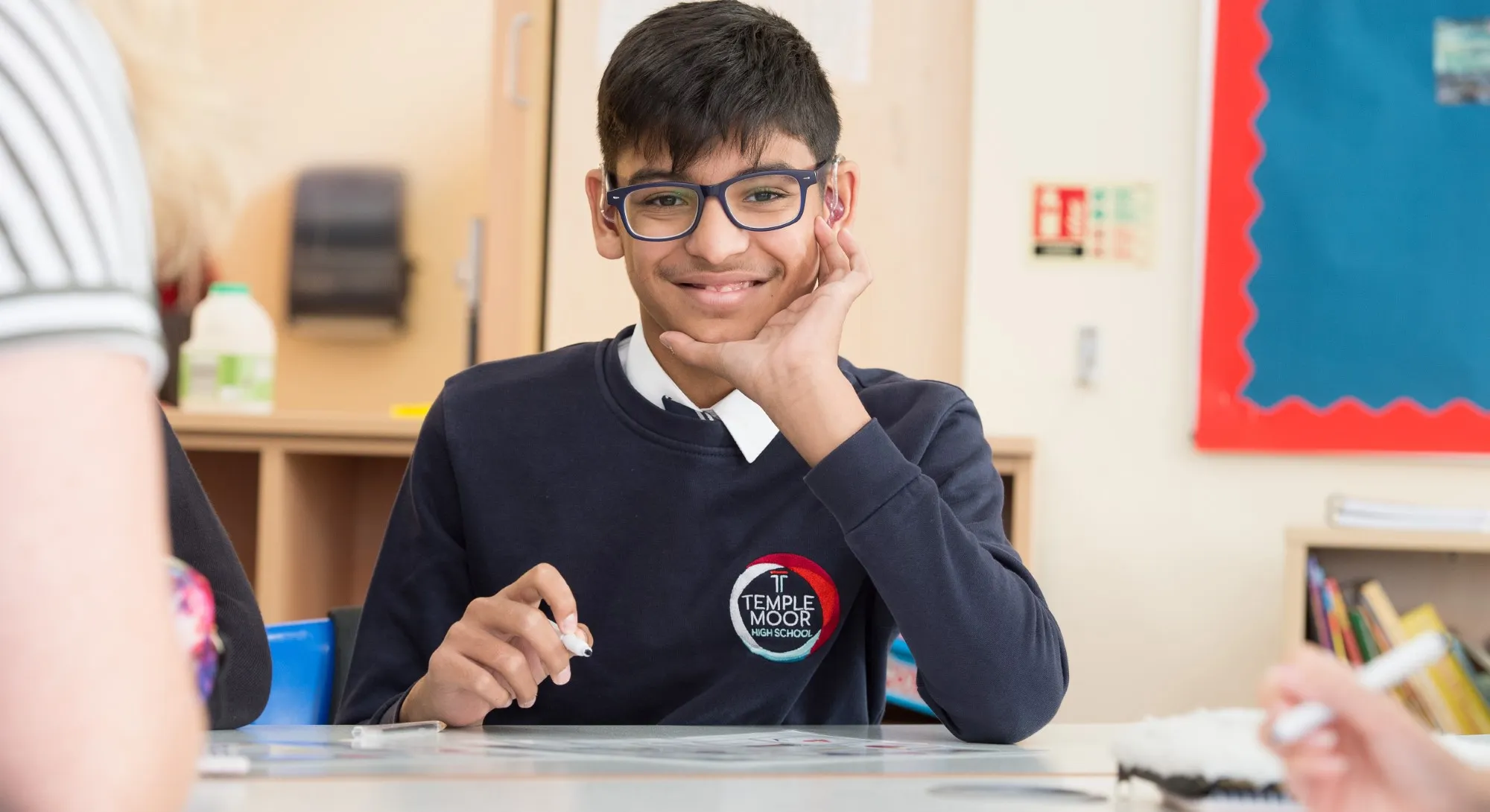

Key Stage 4
Year 10
English Language: Across Year 10 and Year 11, students engage with ideas which allow them access to historical, social and cultural discourses. In Year 10 we examine the craft of the writer by exploration of texts linked to mental health, natural disaster and science fiction. We use texts from different times including excerpts of novels, articles and tweets to examine and compare attitudes in these fields. Students create their own descriptive writing, including speeches, articles and essays.
English Literature: Throughout Years 10 and 11, the focus is on exploring, analysing and evaluating set texts. Language, form, structure, context and writer’s choices are integral to our approach. Each text is explored in context and students consider different audiences’ responses. Students begin Year 10 with a focus on poetry, we explore the ‘Power and Conflict’ cluster before moving on to unseen poetry and comparison skills. We then study ‘DNA’ by Dennis Kelly and ‘Macbeth’ by William Shakespeare.
Year 11
English Language: In Year 11 we continue to practice, refine and rehearse the structures the skills necessary to become an excellent reader and writer. We examine texts of different types, linked by the themes of travel, heroes & villains and social justice. Students continue to develop as writers of creative pieces using these texts as inspiration.
English Literature: Year 11 commences with ‘A Christmas Carol’ before returning to poetry and DNA.
Key Stage 5
Year 12
English Language
Students begin the course with a detailed exploration of the ‘building blocks’ of language; they cement their linguistic knowledge and skills whilst exploring how language is used to represent themselves and others. Students go on to explore language diversity, with a focus on gender, social groups and occupation, as well as geographical diversity (accent & dialect). Students engage with academic research in these areas as well as articles from wider media sources which allow discussion of concepts such as ‘accentism’.
English Literature
We begin the Year 12 English Literature course with an immersion in the tragic genre, examining its history and major proponents from Ancient Greece to the present day, through both drama and poetry. With the knowledge we acquire, we then examine Shakespeare’s play, King Lear, John Keats’ Selected Poems, and Arthur Miller’s play, Death of a Salesman, through the lens of tragedy, using these texts as the source of our further interrogation of this ever-evolving genre.
Year 13
English Language: Students focus on Child Language Acquisition and Language Change- both in the UK and globally. Throughout the course, students engage with wider discourses and deepen their appreciation of the power of language in society. The Non-examined assessment offers an opportunity for students to conduct their own language investigations and produce creative texts.
English Literature: The texts are examined as expressions of social and political protest. The Non-examined assessment essays provide students with the opportunity to examine a novel and a collection of poetry of their choosing from a number of critical perspectives, including from a feminist, Marxist, and eco-critical perspective.
Qualifications which we offer at KS4 and KS5 (including links)
Key Stage 4
Enrichment and extra-curricular opportunities in the subject
The English faculty provide a diverse range of enrichment opportunities for students to help contextualise and bring the curriculum to life. Our enrichment is Film Critics and we also run poetry and creative writing competitions. Periodically, students undertake Bronte lectures at KS4, which enables literature texts to be presented, discussed and collectively analysed. The faculty also undertake theatre trips, host theatre productions and invite guest speakers from local universities.
Where could English ultimately take you?
The study of English is excellent preparation for the workplace and Higher Education. It provides a skills base which will support you in a wide field of career options. In a fast-paced society, the skills developed through the study of English are widely appreciated. A high proportion of students who choose English at a Higher level, will follow careers in law, marketing and public relations, education, event management, leisure, hospitality, tourism and administration.
Links to other sites which support study in this subject
Contact details to find out more about our curriculum
Leader of English: Mrs V Byrne: byrnev@tmhs.rklt.co.uk
Assistant Subject Leader: Mr M Storey: storeym@tmhs.rklt.co.uk
Assistant Subject Leader: Miss S Gibson: gibsons@tmhs.rklt.co.uk
- Curriculum
- Assessment
- Form Time
- British Values & Preventing Radicalisation
- Curriculum Subjects
- Art Curriculum
- Business Studies Curriculum
- Communication Curriculum
- Criminology Curriculum
- Design & Technology Curriculum
- English Curriculum
- Geography Curriculum
- Graphic Design Curriculum
- History Curriculum
- ICT Curriculum
- Law Curriculum
- Mathematics Curriculum
- Modern Foreign Languages Curriculum
- Performing Arts Curriculum
- Personal & Character Development
- Photography Curriculum
- Physical Education Curriculum
- Psychology Curriculum
- Read to Succeed
- Religious Education Curriculum
- Science Curriculum
- Sociology Curriculum
- Learning Qualities & Values
- The Options Process
- Supported Study and Revision
